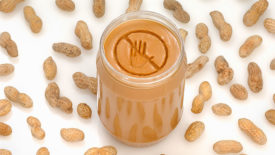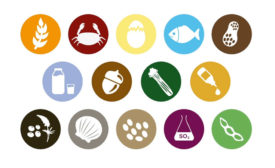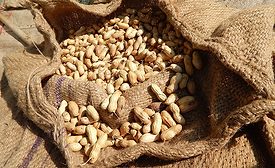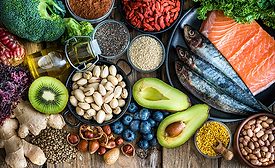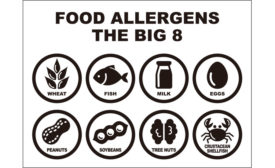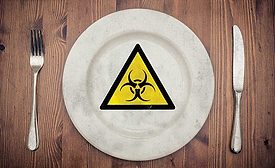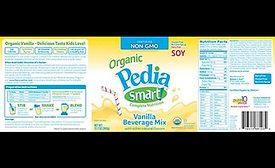Home » allergens
Articles Tagged with ''allergens''
Anatomy of Food Allergen Recalls
While food allergen recalls are unwelcome, potentially valuable lessons can be learned from these events
February 22, 2022
Allergen control and training for snack and bakery production
Companies rise to the challenge of allergen control
January 21, 2020
Food Safety
Nature’s One recalls soy drink mix after learning milk product added to flavoring
Label didn’t list milk; recall required even though testing didn’t detect the allergen
September 3, 2019
Never miss the latest news and trends driving the food safety industry
eNewsletter | Website | eMagazine
JOIN TODAY!Copyright ©2025. All Rights Reserved BNP Media.
Design, CMS, Hosting & Web Development :: ePublishing


